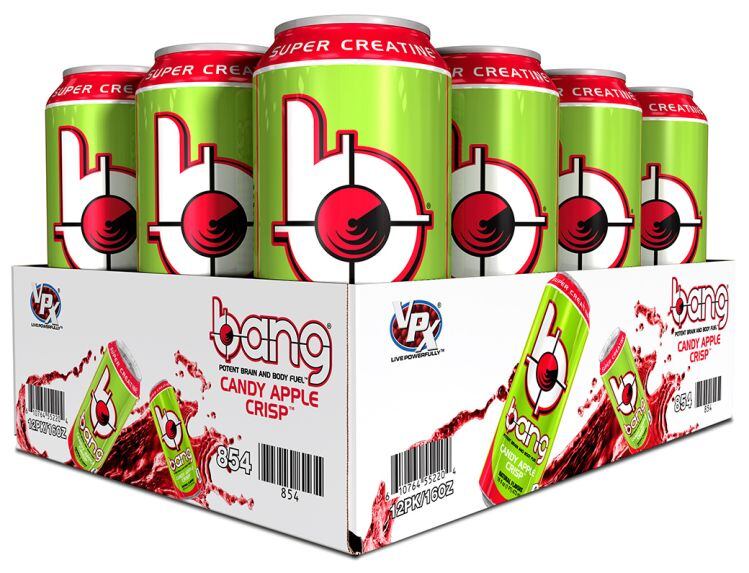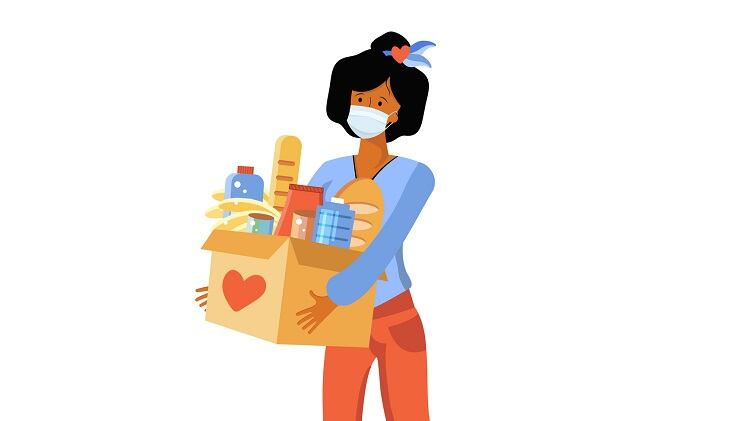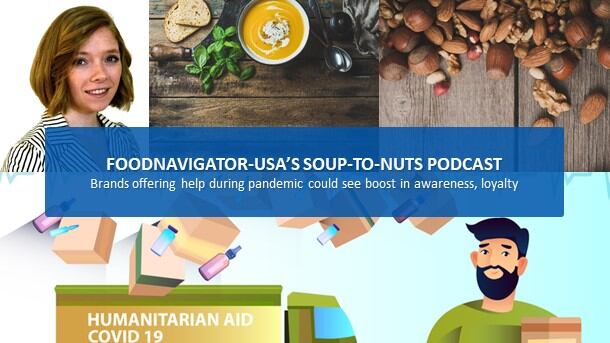On April 14, the KIND Foundation put out a call for corporate and civic partners to join it and Project N95 in a new effort to build a donation-based supply of much-needed products for frontline responders, including personal protective equipment, food, safe places to sleep, counseling, transportation and other services. Through the newly created Frontline Impact Project, the KIND Foundation and Project N95 are matching donors with qualified, vetted health care institutions and first responders and helping streamline distribution, which KIND founder and executive chairman Daniel Lubetzky said can be a stumbling block for companies trying to donate.
Lubetzky explained to FoodNavigator-USA that the idea for creating the Frontline Impact Project came when KIND decided to donate 5 million of its snack bars to health care workers as “a small way to express our appreciation and solidarity,” but quickly discovered delivering the bars was a logistical nightmare.
“We realized it was logistically not efficient because we normally have 190,000 points of distribution, but they don’t include hospitals, elderly care institutions and emergency rooms and these groups that we wanted to support,” Lubetzky said.
As KIND looked for a way to reach frontline workers, Lubetzky said it was introduced to Project N95, which had developed a list of thousands of qualified, vetted health care institutions and first responders where it already was donating PPE. Lubetzky said he quickly realized he could leverage the list to connect other donors in KIND’s network to provide healthy snacks and nourishment to health care providers.
“Healthy snacks and food are a very, very critical need for all these guys who are working 18-hour days, skipping lunch, skipping dinner,” so that they can take care of others, Lubetzky said.
And while KIND Snacks commitment to donate a minimum of 5 million KIND bars will help address this need, Lubetzky recognized that much more was needed. To address this, the KIND Foundation and Lubetzky Family Foundation have committed up to $1 million to develop the Frontline Impact Project and has taken on the central role of recruiting others to donate funds and products.
Companies donate what they can
Since the Frontline Impact Project launched just over two weeks ago, Lubetzky said 26 partners have signed on to donate products or services, and dozens more have expressed an interest.
Many of the first companies to join are small food and beverage brands that have made donations even though they themselves are struggling.
Food & beverage companies come together to feed healthcare providers
In the first two weeks following the launch of The Frontline Impact Project, food and beverage brands of all sizes and across categories have teamed with the KIND Foundation to help nourish first responders. They include:
- Mars Wrigley
- Saffron Road
- Siggi’s
- Justin’s
- Banza
- Unilever
- Nestle
- Ellenos
- Gimme Health Foods
- Price Chopper
- Parm Crisps
- Hint
- Belgian Boys
“It breaks my heart how many of the people who have reacted with the most passion are very small companies that … are struggling to operate in this environment and make ends meet, but never the less found a way to donate,” Lubetzky said, noting that “on a revenue-basis [they] are among the most generous.”
He added: “Also, we have welcomed the big guys who can take advantage of their scale to give millions of units of product.”
Making a connection
The Frontline Impact Project connects donors and recipients in two main ways.
The first is through an email newsletter that lists everything available for donation that goes out to more than 3,000 qualified recipients who can then “virtually raise their hand and say, ‘Yes! I’d like that!’” said Lubetzky.
“Then we aggregate all the data and provide it to our partners [donors] who can then decide how to allocate and ship” product as they are able, Lubetzky said.
“The other way to use the system is just people request what they need, people offer what they have and then on a weekly basis we aggregate the results and send them to the partner organizations saying, ‘These are the institutions that would love to have your Parm Crisps or popcorn.’ Then the donor looks at the list and determines what is manageable,” he said.
A key element of the matching service is that the Frontline Impact Project vets all recipients to ensure “they are not going to resell the product or engage in fraud,” and donors can feel confident their products are going to those in need, he added.
In addition to making the connection between recipients and donors, the Frontline Impact Project shares the stories of its partners – giving them a spotlight on social media and talking about their outreach work.
“We want to make sure the platform celebrates our corporate partners so that they can feel proud and inspire others to join or participate,” Lubetzky said.
More partners wanted
The project is off to a good start with more than 90 matches between donors and recipients in the first two weeks, including a match between Saffron Road and an outpatient medical practice on Long Island, Belgian Boys with a critical care center in the Bronx and KIND with Boston Medical Center.
But, Lubetzky said there are more providers in need and he would love see more donors join the project – which is as easy as visiting https://www.frontlineimpact.org/.
He said he hopes the project can continue to grow and provide aid during the pandemic, and beyond.
He explained: “If members find value in the platform, it could be used to work together to tackle other societal challenges in the future.”




